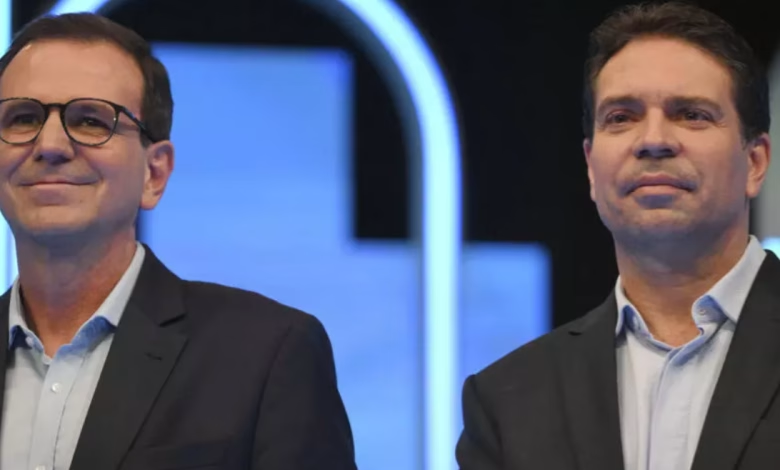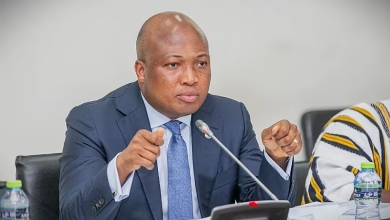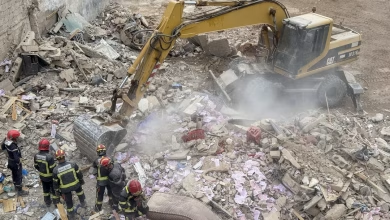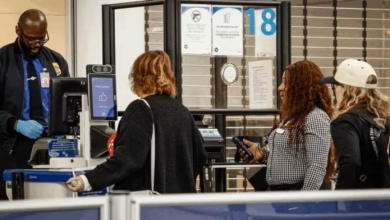Brazilians Vote for Mayors and Councillors in Key Election

- Eduardo Paes is favored for a fourth term as Rio's mayor, facing controversial rival Alexandre Ramagem.
- There have been multiple attacks on candidates, leading to three deaths.
- Lula's Workers' Party may struggle to win any state capitals again
- Key environmental concerns are largely absent from the campaign discourse.
As a precursor to the 2026 presidential elections, the municipal results in Brazil will reflect the nation’s political climate, sharply divided between leftist President Luiz Inacio Lula da Silva’s supporters and those loyal to his far-right predecessor, Jair Bolsonaro. After losing the 2022 election, Bolsonaro’s supporters stormed key government institutions, demanding military intervention and alleging, without evidence, that the election was rigged.
Despite these events, Bolsonaro’s influence remains strong. In São Paulo, Brazil’s largest city, he has endorsed current mayor Ricardo Nunes. On the other hand, Lula backs MP Guilherme Boulos. However, career coach and political outsider Pablo Marcal has disrupted the campaign, surging in popularity and creating a near three-way race between the candidates.
Marcal, known for his provocative tactics, has faced criticism for spreading misinformation and even faced physical altercations during debates. His brash style appeals to a wide base, including Bolsonaro’s supporters and evangelical voters. Alarmed by Marcal’s rise, prominent Brazilian intellectuals and business leaders are calling for unity behind Boulos to prevent what they describe as a “tragic” outcome for São Paulo.
In Rio de Janeiro, centrist mayor Eduardo Paes is the clear frontrunner for a fourth term. His main competitor, right-wing MP Alexandre Ramagem, has sparked controversy due to an ongoing investigation into alleged spying on politicians and public figures during his tenure as head of intelligence under former President Bolsonaro.
Concerns have emerged regarding potential organized crime infiltration in municipal politics, prompting the head of the Supreme Electoral Tribunal to caution about efforts to sway election outcomes in various municipalities. Reports indicate that September saw at least a dozen attacks and threats against candidates for mayor and other local offices, resulting in three fatalities.
The election campaign has unfolded without Brazil’s most prominent political platform, as the social media network X has been suspended since August 31 amid a dispute between the Supreme Court and its owner, Elon Musk. The backdrop also includes Brazil grappling with record fires and a severe drought exacerbated by climate change, although these pressing environmental issues have received little attention in the campaign discourse.
Polling suggests a challenging road ahead for Lula’s Workers’ Party, which risks ending up without a single state capital once again. Political analyst Andre Cesar noted, “Not even the political strength of the president or the positive economic indicators seem capable of reversing” the party’s prolonged decline.
Current polls indicate that 11 of the 26 state capitals, including Rio de Janeiro, may elect their mayors in the first round of voting. If no candidate secures more than 50 percent of the votes, a second round of elections will take place on October 27.






